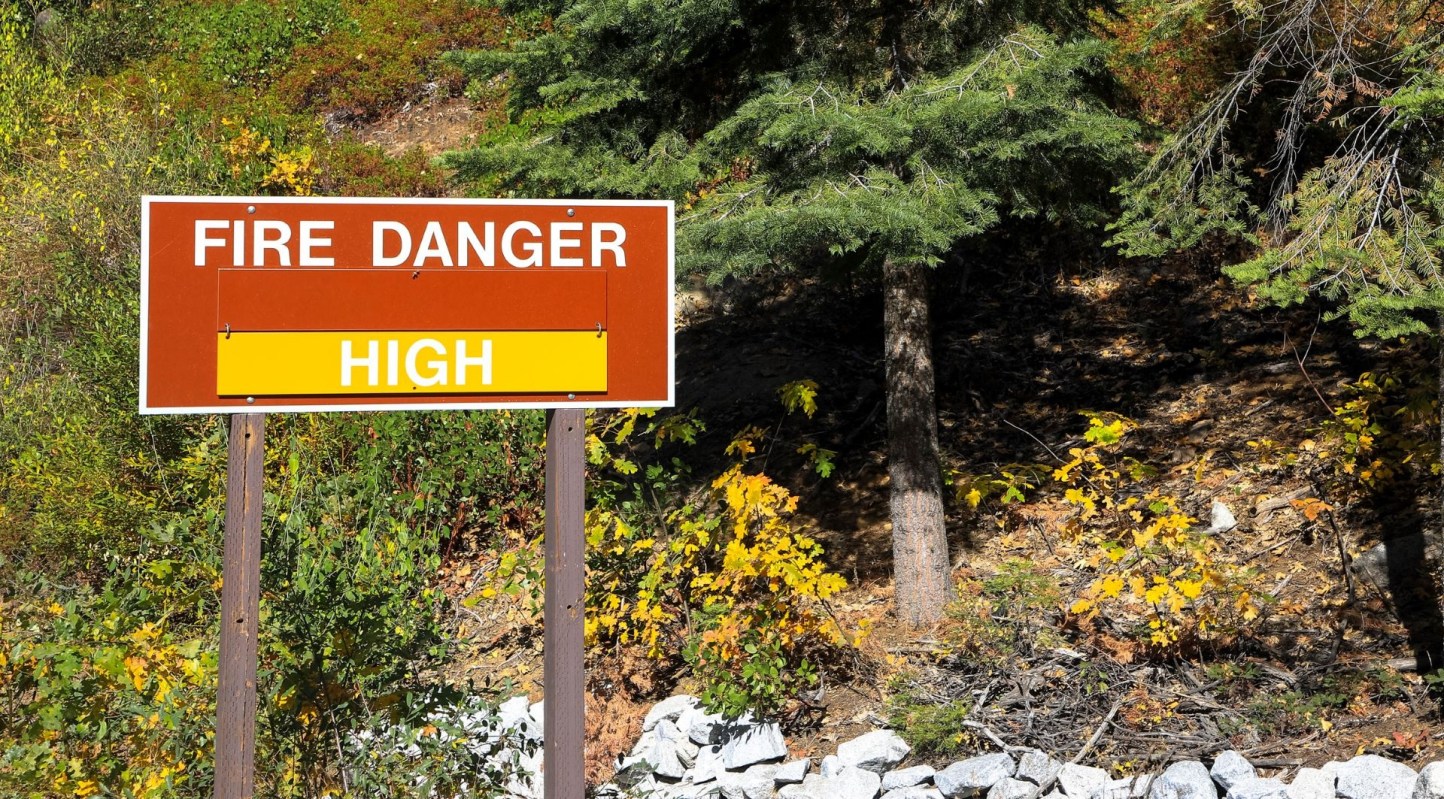Shocking details from research conducted by Bloomberg CityLab have revealed that progress made in the past few decades regarding air pollution reduction in the United States has effectively been wasted following North American wildfires in 2023.
The smoke following wildfire events in Canada led to a significant increase in "dangerous air days" in New York, Chicago, and Washington D.C., among other areas.
What did the data reveal?
Examining data from the Environmental Protection Agency, Bloomberg noted that June and July brought more "very unhealthy" or "hazardous" air quality days to New York and Chicago than in any corresponding months since national records began in 2000. The findings were based on the presence of fine-particle pollution (PM2.5) in the atmosphere.
Meanwhile, Washington, D.C., saw the most "very unhealthy" days since 2002.
Implementing the Clean Air Act in 1970 and the establishment of the EPA helped improve air quality in the past few decades. According to the EPA, the combined emissions of six common pollutants, including PM2.5, dropped 78 percent between 1970 and 2020 in the United States.
Why is this concerning?
As Bloomberg's report observed, exposure to PM2.5 particles can increase the risk of a number of health problems, including cardiac and respiratory illnesses. In the worst cases, it can even lead to premature death.
The majority of the smoke that contributed to the rise in particles came from wildfires in Canada, and this displays an increased need for international cooperation to mitigate the instances of these events and the associated risks.
What can be done to decrease the risk of wildfires?
In most cases, natural wildfires are caused by dry, hot weather. Not only does this lead to drier, more flammable organic material, but it also increases the risk of lightning.
According to CBS News, half of Canada's wildfires are caused by lightning, and they account for around 85 percent of total wildfire destruction.
Pollution is a significant driver of rising global temperatures, and it plays a huge role in poor air quality. So, taking action to reduce the pollution produced in day-to-day life can have a significant impact on two fronts.
Simple lifestyle changes can make a huge difference. The EPA has said that even when accounting for the pollution produced in some forms of electricity generation, electric vehicles produce significantly less carbon pollution than internal-combustion-engine alternatives — and the zero tailpipe emissions from EVs ensure air quality is not made worse when driving in your local area.
Join our free newsletter for cool news and cool tips that make it easy to help yourself while helping the planet.









